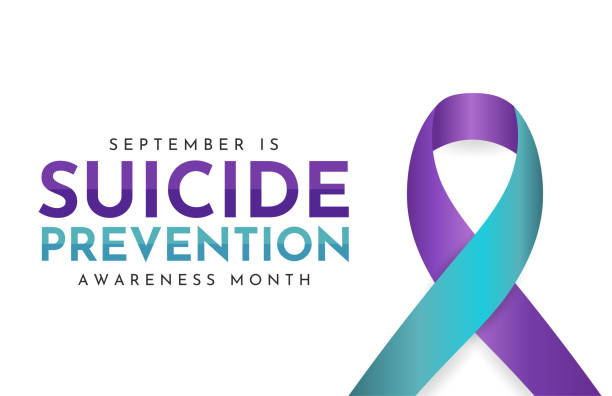As a teenager, life can sometimes feel like a roller coaster with its ups and downs, twists and turns. Between school, friendships, family expectations, and figuring out who we are, it’s easy to get overwhelmed. Adolescence is a time of big change and adding the pain of loss to the mix can feel overwhelming. However, understanding and navigating the grieving process is huge for healing.
For many people, loss is first experienced at a very young age when coping skills are only just beginning to surface. For instance, when a teenager loses a loved one, one coping skill can be writing letters to the deceased – expressing everything they wished they could have said.
Grief can manifest in many ways, including sadness, anger, confusion, and even guilt. These emotions are a natural response to loss and should not be suppressed. Allowing you to feel and express yourself is very important in the healing process.
Another coping skill is engaging in activities that bring joy and relaxation. Keeping yourself busy and making sure your mind is focused on anything else helps. Exercising always helps because, for those who had a strong relationship with someone who was very sporty, it can bring you somewhat closer to that person in spirit.
Losing someone is an unavoidable part of life no matter what you do; grief will find you and follow you. Once a loved one is absent, it will affect you physically and emotionally. When a parent, sibling, friend, or relative dies, teens feel the overwhelming loss of someone who helped shape their current identities.
Grieving alone, without anyone, can worsen your feelings of sadness. Sharing thoughts and emotions with friends, family members, or a counselor can help. The fact that talking can help may take a long time for one to realize, but the feeling does come. It is important to remember that it’s okay to ask for help and to take the time needed to grieve. Everyone’s journey through loss is different and unique, and there is no right or wrong way to cope.
Coping skills like physical activity and seeking support are important for navigating the ups and downs of teenage life. By practicing these skills, we can manage stress better and maintain our mental and emotional health. Life as a teen can be challenging, but we can handle anything that comes our way with the right tools.



















Angela Nicole Poe • Oct 6, 2025 at 8:07 am
My heart continues to ache for you my sweet and beautiful Angel that God blessed me with. I can only say that everything that I did to try and help you stay positive keeping you involved in sports, church and going to the movies, lunches and early dinners was all to try and ease your pain and the hurt that you were experiencing. Unfortunately, everyone deals with death in different ways. Some of us go out of our way to move forward with life in order to move beyond the pain. Don’t ever be afraid to say what you need to say. That’s why I would ask you repeatedly to talk to me and/or allow me to get you involved in counseling on a multitude of times. In fact, I had to cancel numerous appointments scheduled for your mental health that you refused to attend. I pray that you are doing better today than yesterday. Moreover, you are and will always be my beautiful baby girl with a heart of gold and that is a direct reflection of the LOVE that both your dad and I had for you from the day we learned that we were having a little girl!!! You are the best and I will always love you and need you in my life regardless of what you have been coerced to believe by others. I Love You, My Sweet Sugar Plum!!! God bless you My Moo Moo!!! Keep it moving…!!! Praying that your health is going well. Be mindful that there’s things that I know about your health that you will need to know in order to care for yourself and your unborn children. ❤️✌